Why ‘Lawyer X’ Nicola Gobbo turned informer
“If anyone finds out about this, I will be murdered,” Nicola Gobbo told two detectives when they approached her about becoming an informer. So with so much at stake, what made her agree?
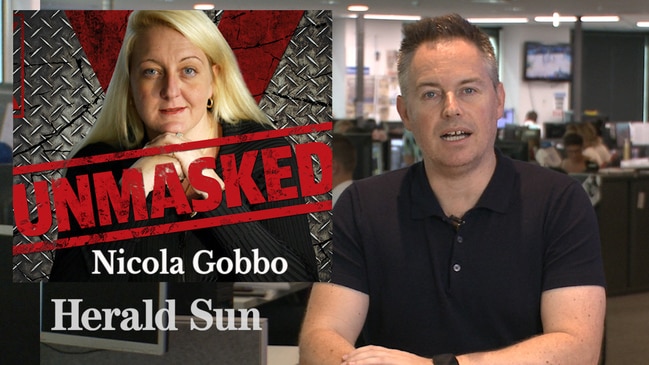
Law & Order
Don't miss out on the headlines from Law & Order. Followed categories will be added to My News.
Nicola Gobbo hoped to be hit by a car. Or a tram.
So went her evidence to the Supreme Court about what her state of mind had been when, in August 2005, an officer pressed the defence barrister to become an informer.
But the court was not told that she had first been registered as an informer back in 1995, while she was still at law school. Or that she was once again registered in 1999.
NICOLA GOBBO: THE GIRL WHO WANTED TO BE SOMEBODY
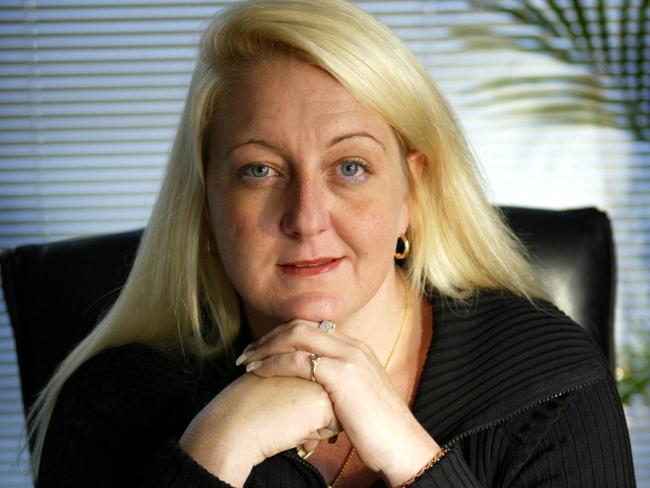
Or how she had brought down clients Carl Williams and his goons in the 18 months before that 2005 proposal that she become an informer.
In Nicola Gobbo’s career as an informer, nothing is neat.
“If anyone finds out about this, I will be murdered,” she is said to have told two detectives who approached her in 2005. “Yes, this would have to be managed carefully,” replied Detective Sergeant Steve Mansell.
Gobbo was re-registered a few weeks later — just in time to give police daily reports of the confidential trial strategies of another client, Tony Mokbel, in a cocaine importation case, which ended with his spectacular disappearance.
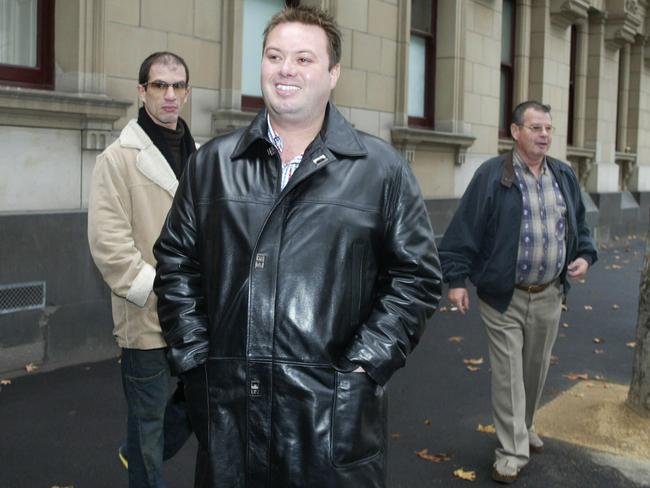
In secret hearings in the Supreme Court in 2016-17, Gobbo claimed she had turned informer because she wanted to get “the Mokbel monkey” off her back. She had wearied of the Mokbel family’s misuse of lawyers to manipulate justice, of their compelling subordinates to remain silent, she said.
She felt stood over by criminals.
But when speaking of assisting then detective Stuart Bateson of the anti-gangland Purana taskforce, whom she met on a “number of occasions” from early 2004, she gave a different reason.
Her motivation then was Carl Williams, who had distressed her for the same reasons as Tony Mokbel.
She said Williams — who was her client, on and off, until he figured out her duplicities and labelled her a “dog” — sought “to control what suspects and witnesses could and could not do”.
PART 3: THE MAN IN THE GOLDEN COFFIN
PART 8: HOW WE UNCOVERED THE TRUTH
A senior policeman says he brought Gobbo on as an informer in the late 1990s.
His claim dates her informing to the drug squad, which was later scandalised by standover and other corruption revelations.
He says she was motivated by revulsion of her clients, whom she labelled scumbags, and an inability to look in the mirror in the morning.
In a 2014 letter to then police chief commissioner Ken Lay, Gobbo said: “I provided Victoria Police with significant assistance over a number of years for absolutely no benefit for myself and for altruistic reasons.’’
Other evidence tends to conflict with such a motivation of altruism.
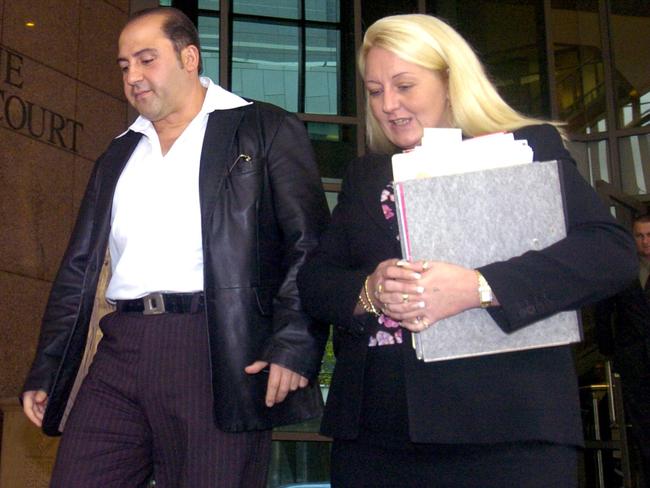
Gobbo is adamant about one thing: she did not require the “get-out-of-jail card” that is the usual motivation for people to turn informer against criminals.
But in its ruling, the Supreme Court described how, at one point, Gobbo had said “her motivation to become an informer arose from her fears that she might be charged as an accessory to crimes because she had gained knowledge about crimes that were committed or were about to be committed”.
Before the 2004 murders of her client Terry Hodson and his wife Christine, Gobbo implicated herself in passing information to Carl Williams and Tony Mokbel, which endangered the Hodsons’ lives.
Police believe she was integral to the dissemination of Terry Hodson’s informer file, which was allegedly given to her by lover and detective Paul Dale.
It was claimed Dale wanted Hodson dead because Hodson had told ethical standards officers that Dale had organised the burglary of a Mokbel property in which there was more than $1 million worth of drugs and cash.
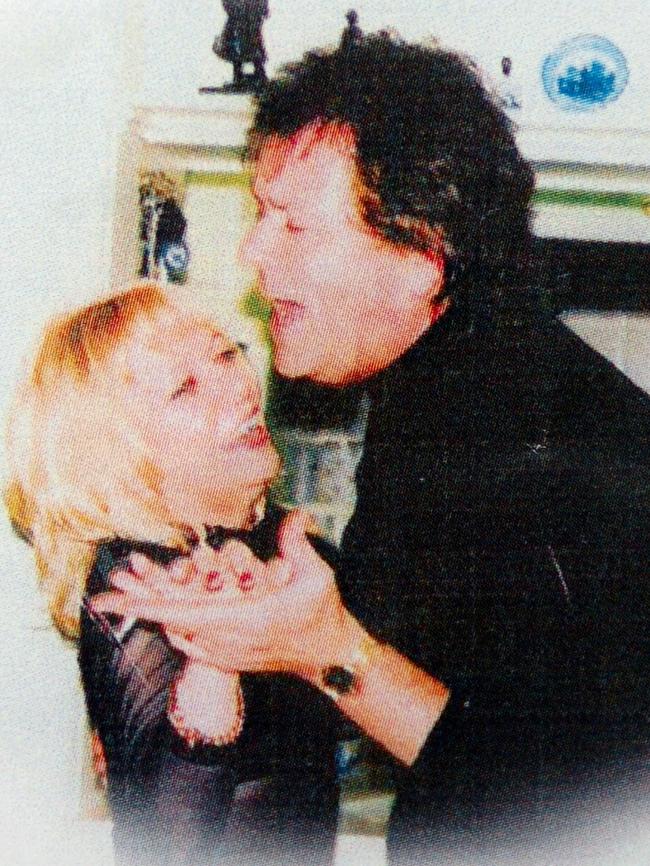

Williams later said he organised Hodson’s murder on behalf of Dale. But the case against the detective collapsed after Williams was bashed to death in Barwon Prison.
Mansell told the Herald Sun in 2014 that police convinced her to register as an informer in August 2005 because she was “up to her neck in it”. He said: “We just put it on her. It was just a bluff. ‘You’re f---ed unless you come over.’ She said she wanted to come over.”
Gobbo had had her first run-in with the police in 1993.
Police seized 1.4kg of amphetamines, with a street value at the time of $82,000, at her Carlton house, along with $3000 worth of cannabis and stolen property. Her boyfriend, Brian Wilson, and another man, Victor Vellios, were both sentenced to eight-month jail terms — with one fully suspended.
Gobbo, then a Melbourne University law student and co-editor of campus newspaper Farrago, pleaded guilty to reduced charges of possessing and using a drug of dependence and escaped a conviction, which would have nobbled her legal career before it began. One source within the justice system said that she would have been turned as an informer during negotiations over the plea deal.
Solicitor Zarah Garde-Wilson, who worked with Gobbo at the height of the gangland war, has identified another motive: Gobbo, she said, just “wanted to be wanted”.
